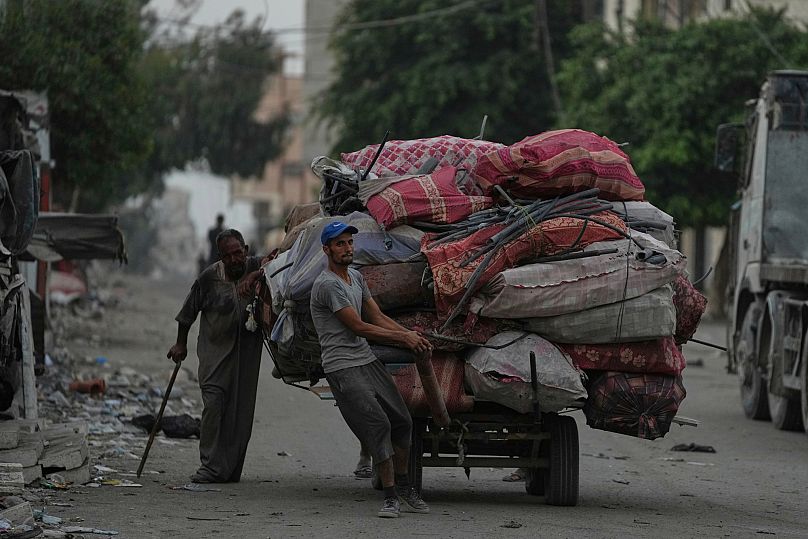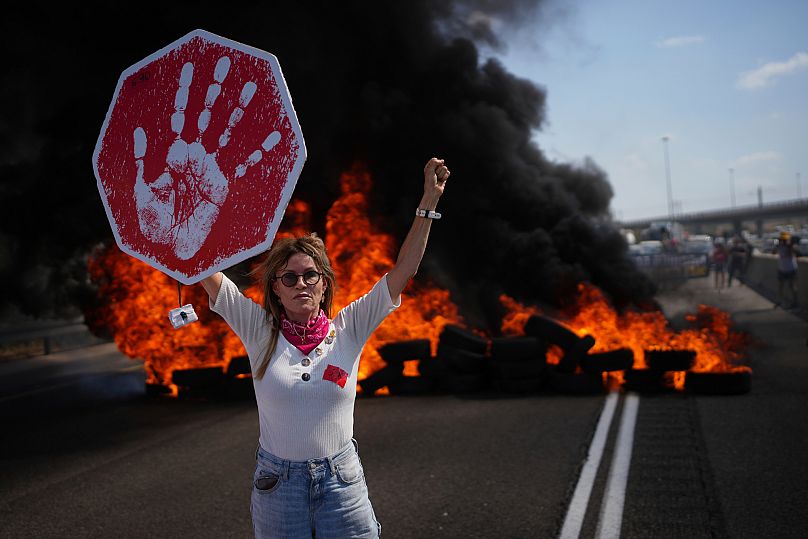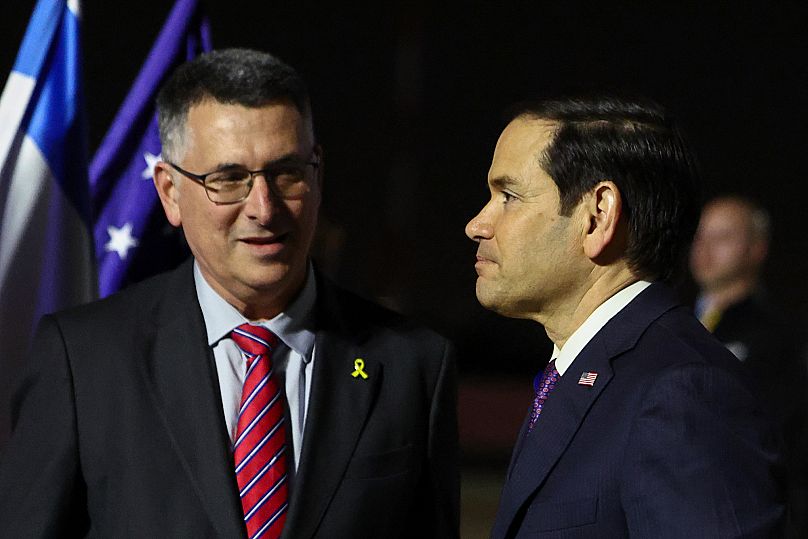Israel's military said on Wednesday that the evacuation of Gaza City is "inevitable" ahead of a planned military offensive as aid groups sound the alarm over expanded operations in the Strip.
"The evacuation of Gaza City is inevitable," the IDF's Arabic-language spokesperson Avichay Adraee wrote on X, as he advised residents of the city to prepare to leave.
He said Israeli forces have surveyed vast empty areas south of the city "to assist the evacuating residents as much as possible."
Adraee said the displaced would receive space for tents, and infrastructure would be set up to distribute aid and water. "Every family that relocates to the south will receive the most generous humanitarian aid, which is currently being worked on," he explained on X.
But aid groups have warned that an expanded Israeli military offensive could worsen the humanitarian crisis in the territory, where most of its over 2 million residents are displaced, neighbourhoods lie in ruins and famine has been declared in Gaza City.

More than 80% of Gaza is designated as an Israeli military zone or subject to displacement orders, the UN humanitarian agency said in June.
Israel has pressed ahead with plans to mobilise tens of thousands of reservists and Prime Minister Benjamin Netanyahu has said the military will launch its offensive while simultaneously pursuing a ceasefire.
Hamas said last week it had accepted a ceasefire proposal put forward by Egyptian and Qatari mediators.
Qatar said on Tuesday that Israel has yet to officially respond and "does not want to reach an agreement."
Last week, an official from Doha said the proposal under discussion was "almost identical" to an earlier draft that US envoy Steve Witkoff presented and Israel accepted.

The deal said to be under discussion would include a 60-day truce, the release of some of the 50 remaining hostages held by Hamas in return for hundreds of Palestinian prisoners, a surge of humanitarian aid into Gaza and a road map toward talks on a lasting ceasefire.
Many in Netanyahu's coalition oppose any such phased deal.
But protests in Israel have swelled as hostages' families and their supporters urge a ceasefire.
The government argues that a widened offensive is the best way to bring them home and cripple Hamas' capacity to launch future attacks.
Post-war Gaza talks
Meanwhile in Washington, US Secretary of State Marco Rubio is set to meet with Israel's Foreign Minister Gideon Sa’ar on Wednesday to discuss a post-war Gaza, even as ceasefire talks falter.
Witkoff told Fox News on Tuesday that US President Donald Trump will chair a separate meeting, which would feature "a very comprehensive plan we’re putting together on the next day.

He did not offer details about that meeting, which did not appear on Trump's public schedule on Wednesday.
Witkoff also said the US’ official position was that hostages — Hamas' main source of leverage — should no longer be part of negotiations.
He told Fox News the talks should instead focus on issues including Gaza's future and how to define Hamas in that context.







